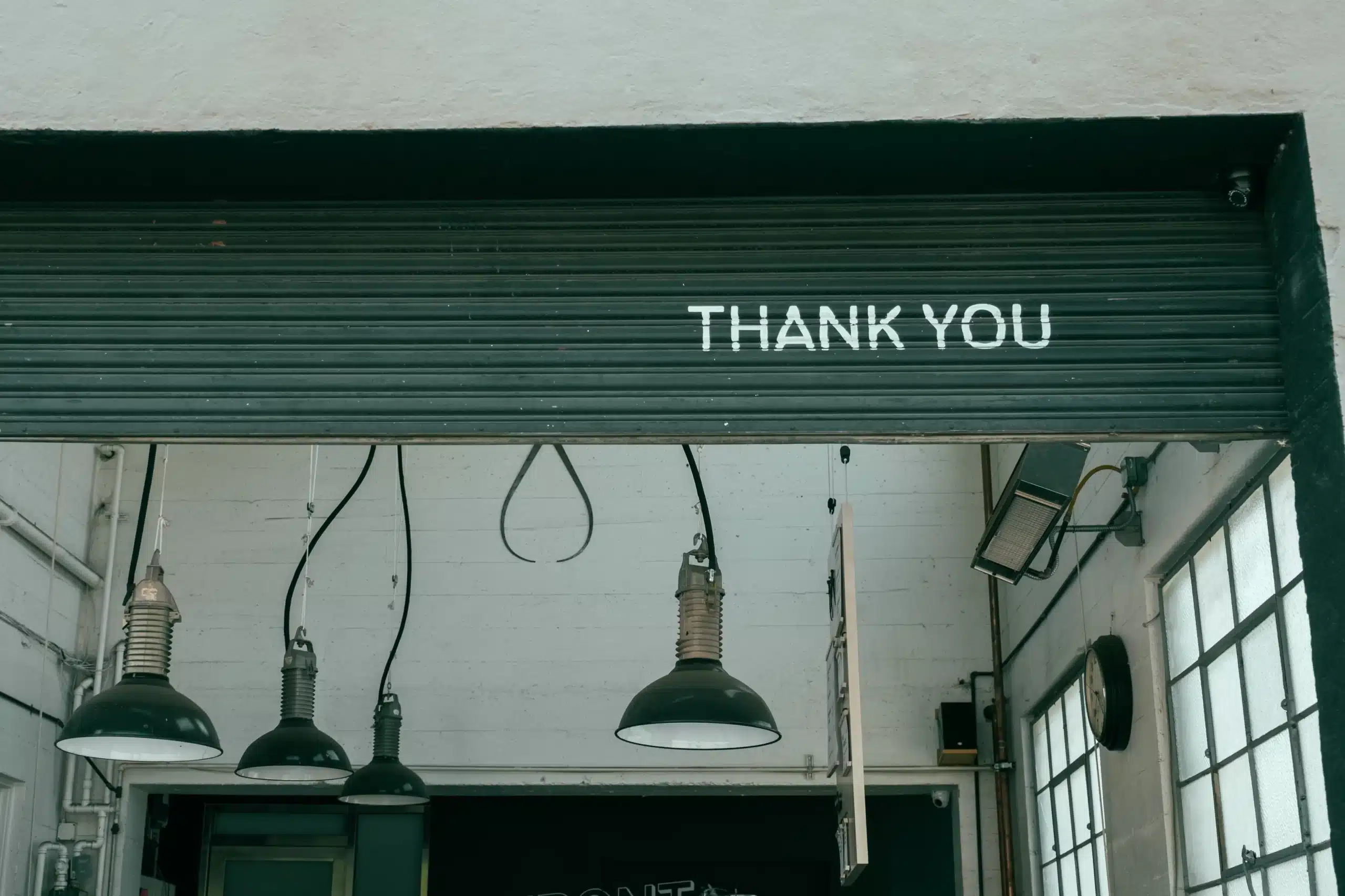We are all perpetually engaged in a quest for personal growth, self-help, and self-improvement. This pursuit serves as our tool for adapting to our environment and achieving the lives we desire. We yearn for enhanced physical well-being and improved mental health. Yet, there is a vital concept often overshadowed in discussions about leading a happy life: Gratitude. To truly comprehend this word is to navigate the various challenges in our daily lives effectively. I won’t claim to have mastered it myself, but I can certainly make a compelling case for why incorporating gratitude into your daily life can lead to increased happiness and sense of inner-peace.
So, what does gratitude mean? Gratitude, as an emotion, involves a profound sense of appreciation and positivity toward the actions of others, kindness directed at oneself, or life in its entirety. It might be the genuine gratitude we feel when a friend takes the time to drive us to the airport. Or, could be the appreciation we hold for our own life journey, acknowledging that while there might always be room for improvement, we find happiness in what we’ve achieved. It extends even to the gratitude we feel for life itself, simply by waking up each day. After all, not everyone has that opportunity; some individuals don’t wake up from their sleep, while others face harrowing situations, such as living in war-torn areas.
Why is practicing gratitude important?
An increasing body of research suggests that cultivating gratitude can serve as a valuable tool for enhancing our mental well-being. A randomized controlled study published in the Journal of Consulting and Clinical Psychology studied the effects of a practicing gratitude has on health care practitioners, particularly the effects on stress and depressive symptoms. Interestingly, those in the gratitude group indeed reported lower depressive symptoms and perceived less stress. What did they do? They kept a diary of the things they were thankful for at work, whether major or minor.
Another randomized controlled study tested gratitude writing in patients undergoing psychotherapy. Those undergoing psychotherapy who wrote gratitude letters to others reported better mental health than their counterparts that didn’t. Another study published in the Journal of Personality and Social Psychology found that practicing gratitude improved participants amount and quality of sleep, as well positive affect and optimistic appraisals of one’s life.
Here are three major avenues we can practice daily gratitude:
- Gratitude towards Possessions: We often find ourselves lured by the desire to acquire things we don’t necessarily need. Take, for instance, a phone with a slightly cracked screen but still fully functional. We may be tempted to upgrade to the latest phone, enticed by the striking affordability and convenience of it. However, we are allowed to pause and question our motives. It’ll strike us that in many developing countries, some people don’t have access to a phone, while in developed nations, there are individuals who may struggle to afford even the most basic model. With this perspective, we may choose to hold off on the upgrade, and a remarkable thing may happen – the satisfaction derived from this decision would outlast the fleeting excitement of purchasing a new phone. This isn’t a call for extreme frugality but rather a gentle reminder to appreciate what we already possess.
- Gratitude towards the profession/work: Not everyone finds complete contentment in their chosen profession. Work occupies a good portion of our lives and can present various challenges: a difficult boss, out-of-sync co-workers, or a job that falls short of expectations. Dwelling on these difficulties often leads to a downward spiral of negativity and stress. However, there’s an alternative perspective, one steeped in gratitude. Even in the face of a tough job and an active job hunt, finding gratitude for your current employment providing shelter and food on the table is a powerful shift. Though the compensation may not be ideal, it’s important to remember that there are individuals without jobs, struggling to have even one meal a day, who would long for the security our jobs provide. This isn’t an endorsement to force yourself to love a job you don’t, but rather an invitation to uncover the silver lining within the seemingly bleak.
- Gratitude towards people: The most precious individuals in our lives are those who generously give their time and perform acts of kindness. Despite their abundance, we often find ourselves dwelling on those who wrong us, as the powerful emotion of anger tends to overshadow gratitude. It’s essential to pause and reflect when someone does something for us or offers their support when we need it most. We should express our gratitude, not only in words but in our thoughts and actions. Gratitude takes diverse forms – it’s being thankful for the safety and well-being of our loved ones. While this may not always be the case, we should cherish those moments of peace, just as we grieve when they are absent. I learned this invaluable lesson the hard way when I lost my father at a young age. Since then, I’ve cherished the well-being of the people I hold dearest. As life unfolded, I lost friends to accidents and political conflicts, which reinforced the importance of not taking any relationship for granted. I’ve come to show gratitude for every friendship, each delightful encounter, and, to you, the reader, who has dedicated your time to explore this article.
How to practice gratitude?
Utilize a journal to document your daily gratitude. Each evening, take a moment to jot down three things to be grateful for, whether they are major or minor. For example:
- I am grateful I exercised today
- I am grateful I got to listen to my favorite song
- I am grateful I got to learn something new today
This is a very simple yet very potent practice that requires less than 3 minutes to complete but yields everlasting, compounded benefits for our mental well-being and sense of inner peace. Showing us that there indeed are many things to be grateful for.
There exists a notion we’d often rather avoid, one I’m not particularly fond of either. The fact remains: someone, somewhere, is enduring greater hardships than us. Of course, the magnitude of these difficulties is subjective. What might constitute an individual’s worst day could very well resemble an ordinary day for someone else. Consider the occasional inconveniences we face in more developed nations, such as brief electricity or water shutdowns for maintenance, a grocery store running out of our preferred brand of chips, or even the rare occurrence of losing hot water for a day (as I once experienced). These are everyday realities for many in less developed regions. It’s for this reason that maintaining perspective is crucial. By viewing our challenges through the lens of those less fortunate, we gain a deeper appreciation for our own circumstances and handle them with a new level of mental fortitude.
To that regard, let’s express gratitude towards life, no matter the curveballs it may throw down our lane. Life is enigmatic in ways we don’t fully understand. We are not dealt the same cards from the moments we were born, but we ought to be grateful that we got to play in the first place.
Image Credit: mattjonesgram


